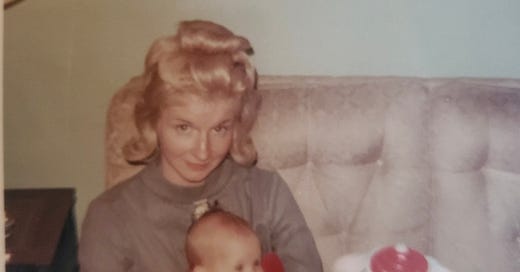Who could possibly do this alone?
On packing up a beloved aunt's home, thoughts about "being a burden" and why family is the best insurance policy of all
Last week I had the pleasure of spending a week with my 78-year-old aunt, Paula, at her home in the northwest suburbs of Chicago.
Aunt Paula has lived in the Chicago area for as long as I can remember. When I was young, she and my uncle Jim lived in a three-flat…
Keep reading with a 7-day free trial
Subscribe to The Kettle with Meagan Francis to keep reading this post and get 7 days of free access to the full post archives.





